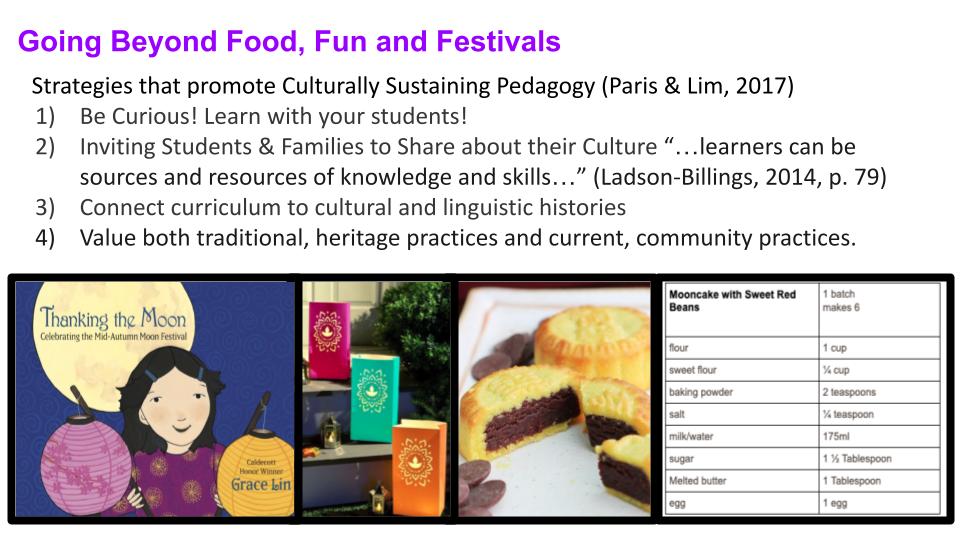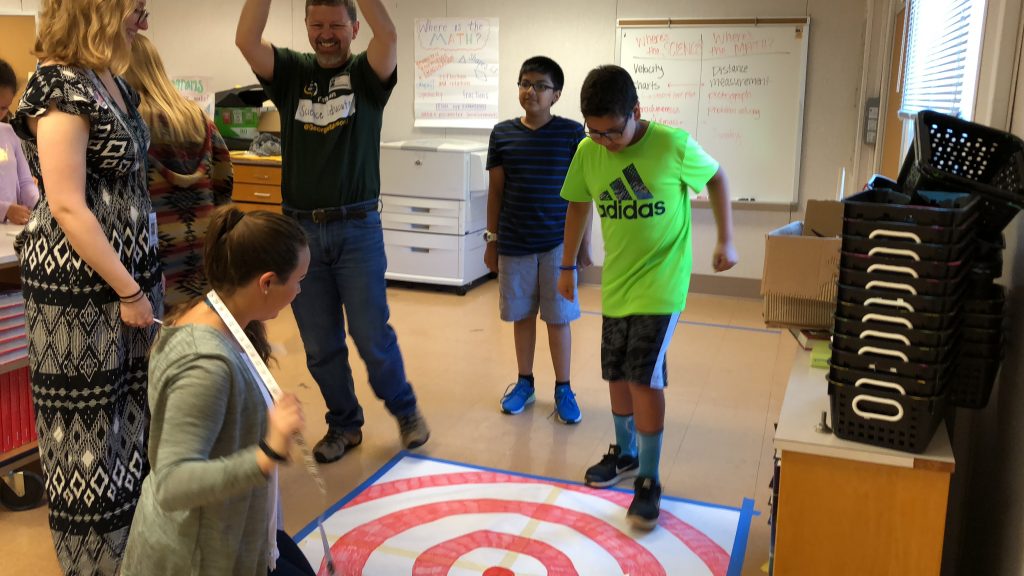Math Happening is a cultural sustaining pedagogy (Paris & Alim) to honor the math we engage in while embracing the cultural pluralism in our schools and community and tapping into students and family funds of knowledge.
Foregrounding Equity in Modeling Activities
How can you build students mathematical power to empower them and motivate them to learn mathematically to serve them? Mathematical modeling is a powerful way to immerse young students in ways that math can serve them in their every day life to make important decisions.
As teachers we must foreground these experience by considering equitable teaching practices that serve all students.There are seven important principles to consider when foregrounding equity in math modeling experiences for young students.
- Caring, celebrating and connecting to cultural diversity, cultural contexts and the world we live in to engage in mathematics.
- Owning the math- Allow students to share their mathematical thinking and author math ideas that builds on collective knowledge
- Motivation to learn- provide learning experience that taps into learners curiosity and interest where they find challenge and academic success.
- Problem Posing and Problem Solving as the core math activities to develop metacognition
- Understanding with competence and confidence that builds their math identity
- Targeted feedback to math learning for individual needs
- Emotionally supportive learning environment where learners feel safe, valued and cared for.
This approach supports three important tenants in Catalyzing Change for Better Mathematics!
1) Broadening the purposes of learning math. Each and every student should develop mathematical understanding as confident and capable learners, understand and critique the world through mathematics and experience the wonder, joy and beauty of mathematics.
2) Implementing equitable mathematics instruction. Mathematics instruction should be consistent with research informed and equitable teaching practices that nurture children’s positive mathematical identities and strong sense of agency.
3) Developing deep mathematical understanding. Early childhood settings and elementary schools should build a strong foundation of deep mathematical understanding, emphasize reasoning and sensemaking, and ensure the highest quality mathematics education for each and every child.


